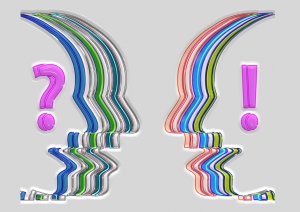
by Heather Chetwynd | Feb 11, 2022 | Accent Modification
Pronouncing T varies between languages. For example, where the tongue makes contact with the top of the mouth varies, as does the angle of the tongue and the air expelled. In this poem, the T sounds are primarily made at the beginning of the words. In this case, the T...

by Heather Chetwynd | Feb 4, 2022 | Accent Modification
One of the more difficult parts of learning English is being able to distinguish where a word starts and where it ends. Why is this? Because in English, we link our words, joining the end of one word with the beginning of the next. Linking (which also happens in other...

by Recommendation of Heather Chetwynd | Aug 18, 2015 | Accent Modification
I am always correcting my daughter’s pronunciation of MILK which always sounds like MELK. It is a losing battle since I realize that language changes and clearly the Canadian accent is shifting. I just hadn’t realized that MILK is one of those words. The...

by Recommendation of Heather Chetwynd | Jun 26, 2015 | Accent Modification
Here’s a very sad commentary on the relationship between what we see and what we perceive. Is it possible that just by looking at someone influences what we hear? Certainly our assumptions and stereotypes affect our perceptions but this article points to how...

by Recommendation of Heather Chetwynd | Apr 27, 2015 | Business Communications
Language changes whether we like it or not. I was forced to pronounce WHEN, WHICH and WHERE with air after the W, even though nobody I knew did it. But that was considered correct when I was young. And, as we know, what is considered correct is the language of...






